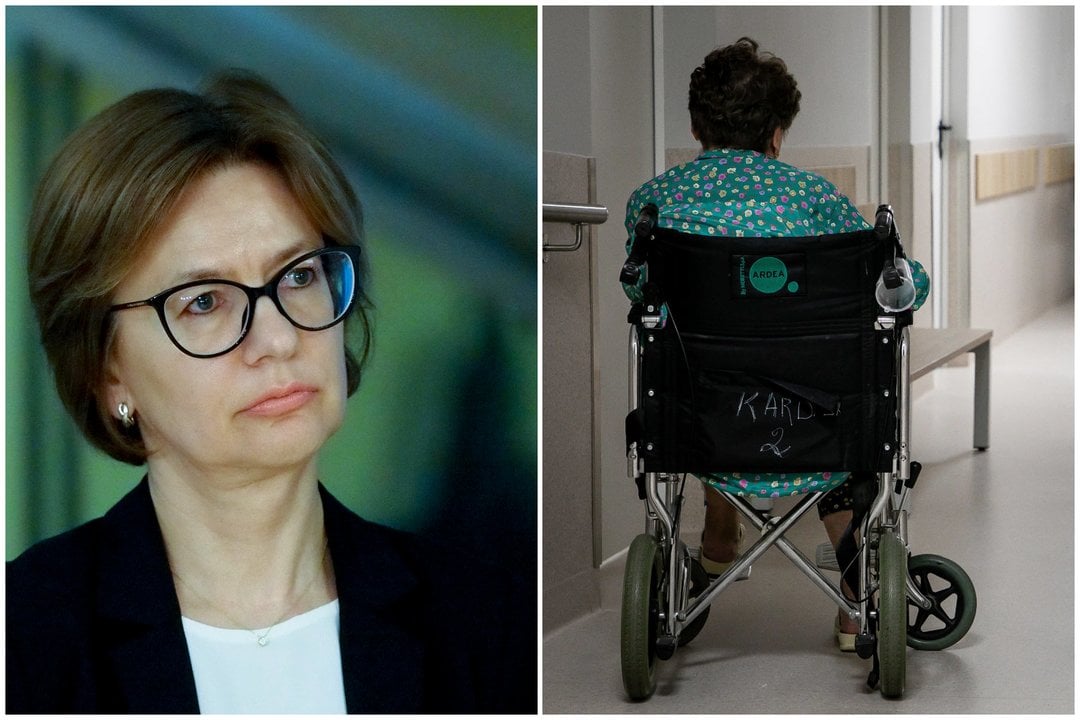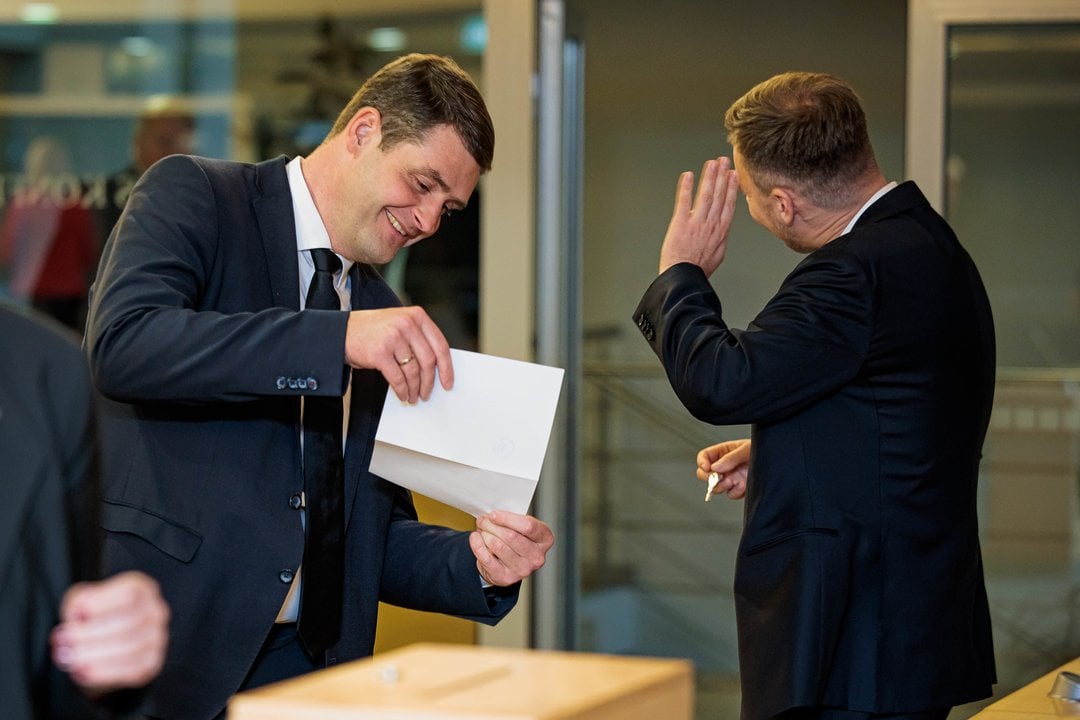„A few things surprise me. Nobody questions the experience and expertise of Kęstutis Budrys. But I am surprised by the concise political memory and the fact that not too long ago, we had the situation of Raimundas Karoblis and Linas Linkevičius when the President's position was very different from what it is now,“ Čmilytė-Nielsen told Elta, once again recalling the stance taken by the President Gitanas Nausėda on the appointment of the ministers who served in the previous Government.
„The fact that there are so few reactions also surprises me because there seems to be either a fear or a reluctance to say the obvious. I have only said what is extremely obvious and, I think, should sting everyone's eyes – that this nomination is not Gintautas Paluckas' man,“ she said.
Čmilytė-Nielsen believes that the concentration of power on one hand does not send a good signal, which naturally raises questions about the principles of separation of powers.
„We politicians and public figures should at least state the obvious – that this is not Gintautas Paluckas' candidate, that this is the President's chief advisor, who has been acting in this position up to this point, and who has been acting up to the very last moment. I think that is obvious. And the concentration in one hand of any government, as that concentration increases, should raise questions in a democracy,“ the Liberal said.
The Vice-President of the Seimas suggests that the President's Office has reacted very sensitively to her questions about K. Budrys candidacy.
„There is no need to be offended by such questions, and there is certainly no need to go looking for or to find some other story as an answer,“ she explained, confirming that she was referring to the story recalled by the President about the candidacy of former MP Stasys Šedbaras to the Constitutional Court (KT).
The former interim President of the Supreme Court of Lithuania, Gabrielė Juodkaitė-Granskienė, proposed the latter's name.
„This is a miserable reaction. Anyone who bothers to look at what I said when the nomination of Stasys Šedbaras was put forward will see that I stressed that I did not put forward the nomination and did not want to. And to see my involvement in this story, much less to blame me, is simply not in line with the facts,“ Čmilytė-Nielsen retorted to the President.
„Regrettably, this is being done, again, based on a concise political memory“, she concluded.
The Presidency believes that talk of a „cooling-off period“ is far-fetched
Following the revelation that Prime Minister-designate Paluckas is submitting to the Head of State the nomination of his chief advisor, Budrys, for the post of Minister of Foreign Affairs, Čmilytė-Nielsen admitted that she wonders whether a „cooling-off period“ should not be applied to the proposed member of the team of Nausėda.
Later, Mindaugas Lingė, the elder of the Conservatives' group in the Seimas, also expressed this position. According to him, Budrys nomination shows that the Presidency has become the fourth partner of the new centre-left coalition. He also said that he was concerned that foreign policy issues would be concentrated in the hands of the head of state.
Paluckas himself assured that he had presented Budrys candidacy to Nausėda himself. At the time, the adviser nominated to be the new Foreign Minister did not directly state with whom he had first discussed the possibility of leading the country's diplomacy, either with the leader of the Social Democrats or the President.
Budrys colleague, Senior Adviser Frederikas Jansonas, also speaks enigmatically, stating that several candidates were chosen, but which ones and by whom are irrelevant.
President Nausėda himself assured that the talk about Budrys' „cooling off“ and the questions raised were far-fetched. According to him, the former Speaker of the Seimas is applying double standards.






